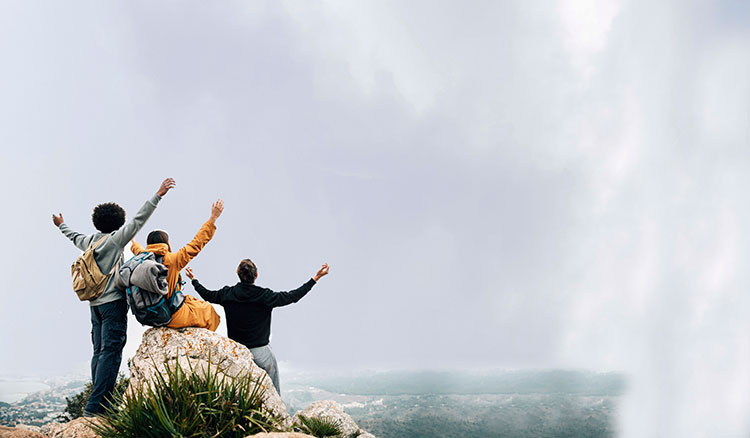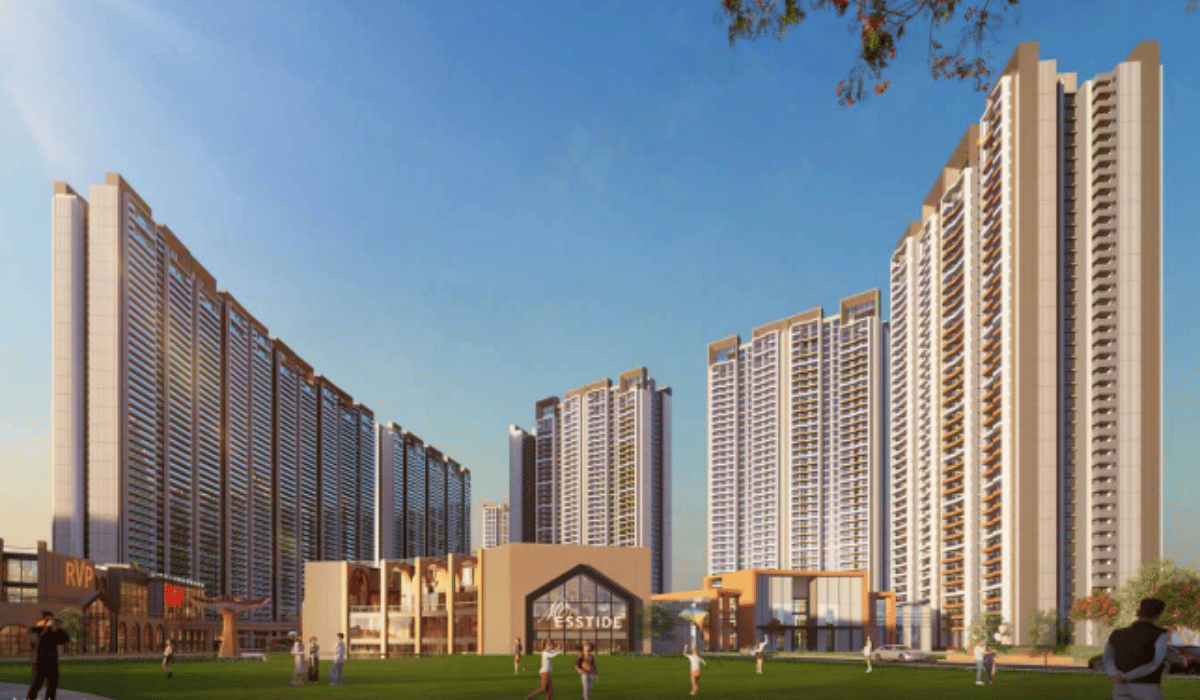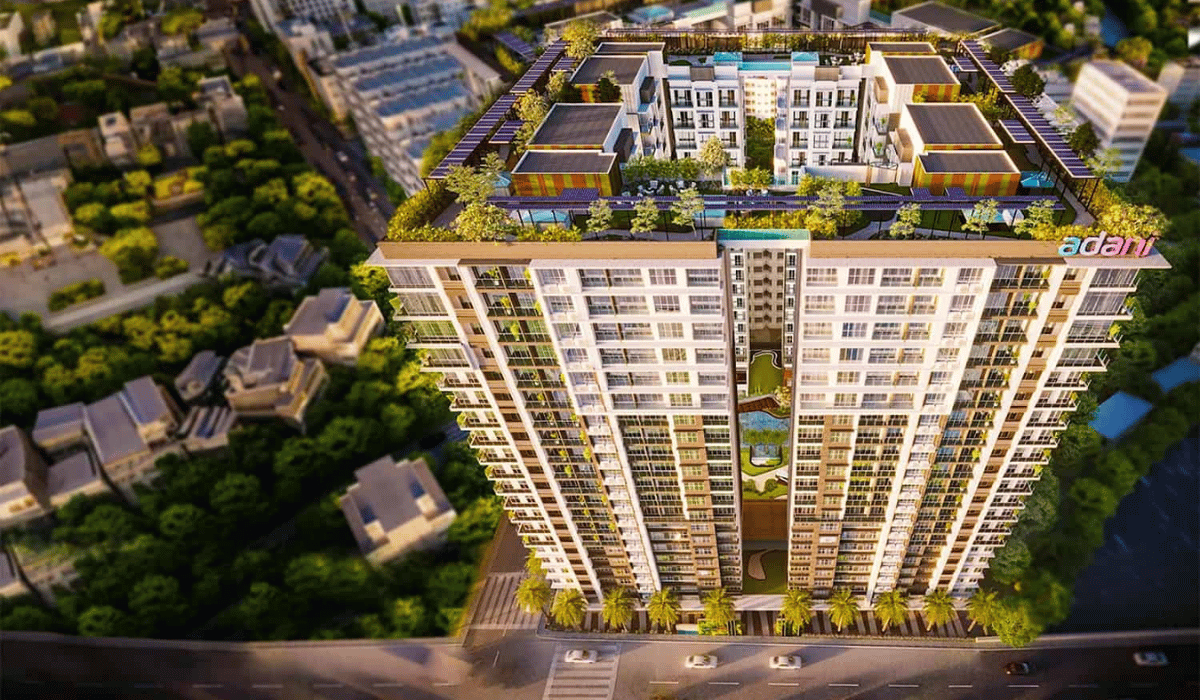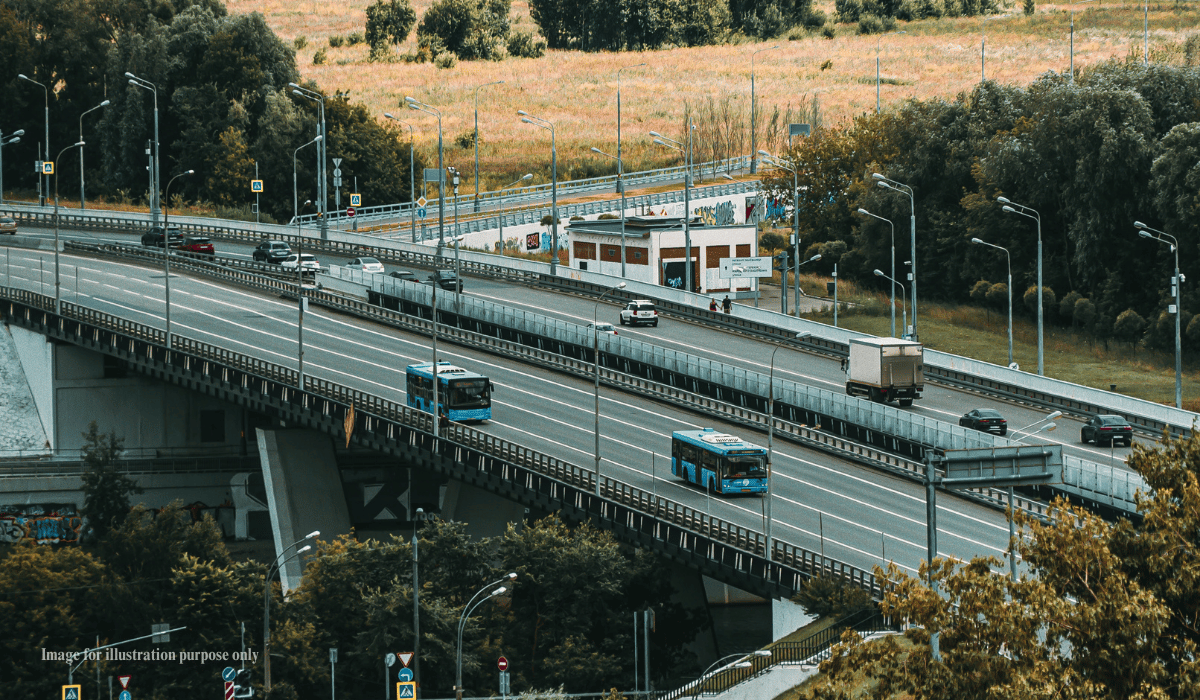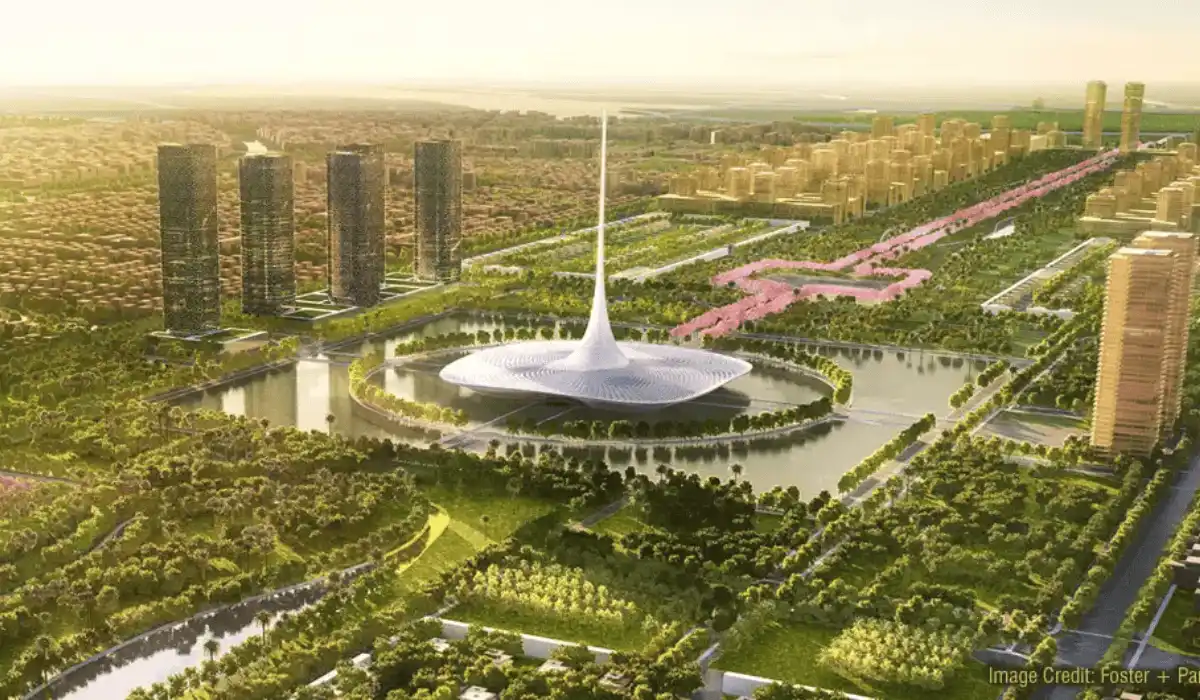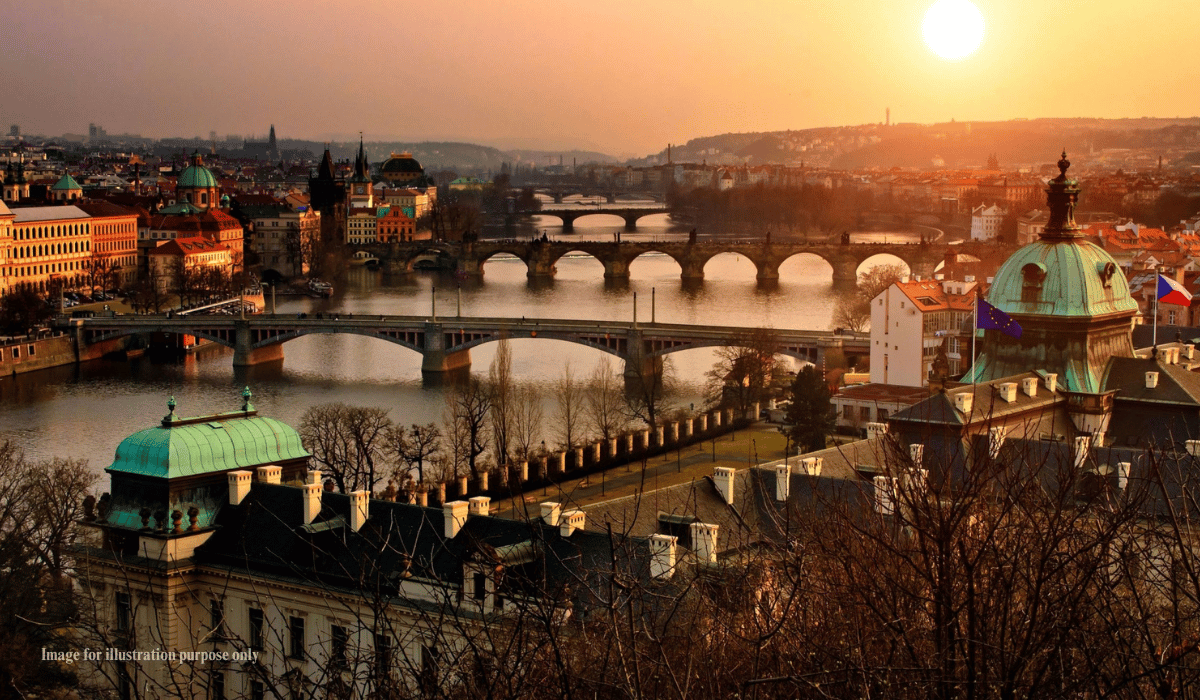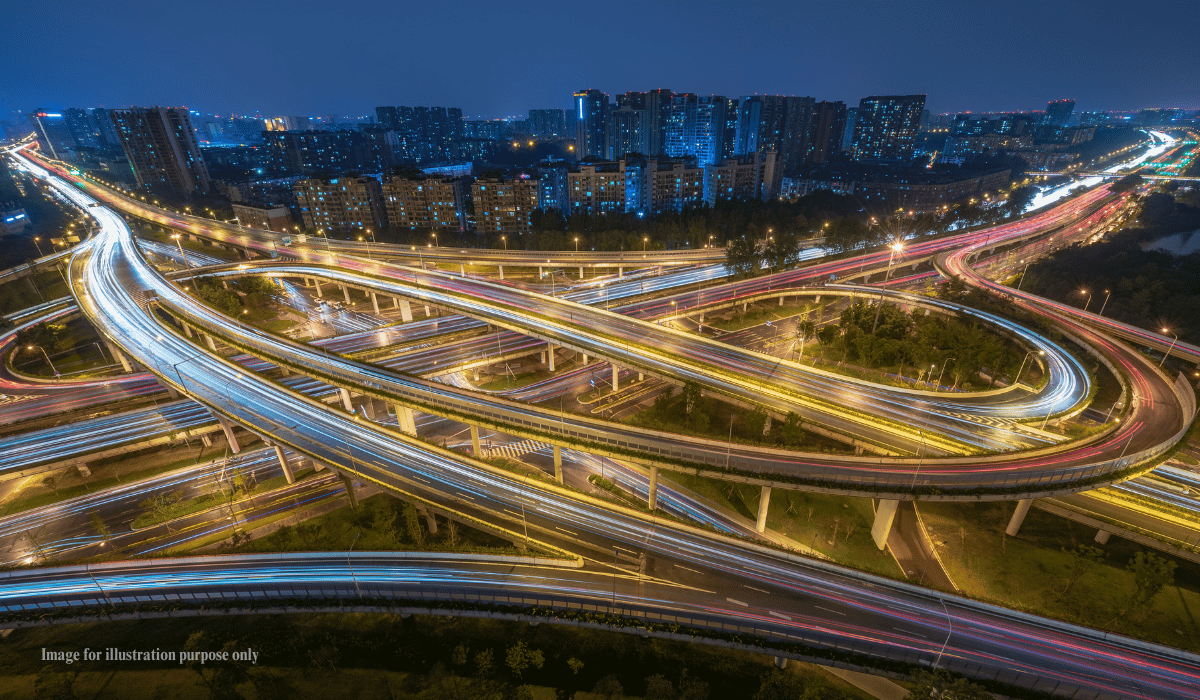Being global citizens allows millennials the privilege of travelling around and exploring interesting laws and cultures. Mapped by a humble annual contribution of 8% to the country’s employment, the tourism industry in India is flourishing. While India’s love for luxury is obviously depicted through its opulent hospitality, the younger generation is experimental and eco-conscious about budget-travelling.
The idea of travelling is no longer limited to family vacations or diplomatic work visits. It has grown to include concepts of solo travelling, backpacking and trekking. Millennials are finding solace in this newfound way of travelling, as it lets them see and experience new places, at their own time and pace. The shift in the tourism industry from luxury to bare-minimum can find its roots in the West, where people travel to learn and grow. This trend is colloquially referred to as “experiential travel”.
Travelling in India has been a leisurely activity and thus all related aspects of hospitality such as food and accommodation are expensive affairs. However, to suit the dynamic needs of the Indian population, many economic or budget alternatives have sprung up in the last decade. This also implies that more frequent trips are possible within the conventionally set budget. With the idea of redefining travel as a recreational necessity rather than a luxury, innovative modern-day travel accommodation ideas have come along.
What are Modern-day Travel Accommodations?
In the past decade, the tourism industry has been compelled to think beyond hotels and guest houses as travel inns. Making the most of limited space to ensure pocket-friendly options has been an effective strategy in this regard. Tech-integrated space planning has helped in revolutionizing travel lodging. These facilities can be termed modern-day travel accommodations.

Airbnb is one such example of new-age travel lodging services that offer people an opportunity to monetize the extra space in their homes. With a humble beginning in America’s Silicon Valley, Airbnb has become a conglomerate travel giant. It allows people to list their apartments on rent for travellers. Airbnb’s module provides a win-win situation for both the host and the traveller since millennials are now travelling to explore the local culture, food, traditions by being a part of it and not just a spectator of it. The framework of Airbnb is simple and lets the traveller choose from various options listed on the website. Although there are arguments that question the security and privacy of such arrangements, the verification and quality-assurance measures by Airbnb are making them a popular travel accommodation choice. While most consider Airbnb as a fad, one can argue that it’s here to play the long game and redefine travel. This can be supported by the fact that even in the light of the COVID-19 outbreak, Airbnb managed to grow by 67% in 2021.

Another excellent example of millennial travel accommodations is set by Zostel. It is India’s first and largest lodging chain for backpackers, founded with the vision of promoting travel as a lifestyle. It is a one-size-fits-all kind of hostel that provides for all basic amenities required for hygiene, comfort, and safety at affordable costs. Supporting the philosophy of “eat well, often travel”, Zostel promotes the idea of cooking your own food for yourself in the community kitchen. While it does provide for individual rooms, interaction and sharing are encouraged in a Zostel environment, making it a heaven for millennials who like to make global connections.

Pods or Capsule hotels are a unique discovery of the hospitality industry. As the name suggests, pods provide accommodation in the form of small capsule rooms that are the size of a single bed. Pod hotels have made their way into India after being successful among travellers in Japan and Singapore. They are also popularly known as “comfort in a capsule”. A prototypical pod is large enough to accommodate basic amenities such as a bed, a television, Wi-Fi, air-conditioning, reading lights, charging points, a locker and a dresser. A regular pod can house one to two people. On account of the soaring real estate prices, Mumbai is India’s first city to accept pods as a travel lodging solution. Urbanpod has initiated this facility in Opus Park, Mumbai, where the smallest pod has an area of less than 3.02 square metres.

The latest addition to these innovative travel accommodations is caravans. Especially keeping in line with COVID-19 appropriate behaviour, travellers’ inclination towards privatized travel has increased. A caravan is a van or “house on wheels” providing all basic amenities to the traveller. Space-saving furniture and sustainable design ideas make the caravan a perfect fit for any millennial who likes to travel and work from anywhere in the world. Caravans are adding life to the concept of experiential travel by providing the liberty to park amidst beautiful landscapes and enjoy peaceful outdoors with privacy. In-built kitchens and toilets are making caravans a wholesome travel experience.
Challenging conventional norms of travel, the millennial Indians are onboarding global trends. With such lodging ideas transforming travel, the Indian tourism industry is seeing exceptional growth. The need to experience nature, simplicity, and comfort has invented these modern-day accommodations. Technology being at the forefront of these innovations, it is certain that the future of hospitality has much more to offer. Architecture has a vital role to play in helping redefine modern-day travel by providing compact, economical and mobile accommodation solutions.
Sources:
- Is Airbnb a fad, or will it revolutionize the way you travel?
- Urbanpod Launches India’s First Pod Hotel in Mumbai!
- Caravan Trips Are India’s New Safe Travel Trend: How to Book & Where to Go
Disclaimer: The information contained herein have been compiled or arrived at, based upon information obtained in good faith from sources believed to be reliable. The opinions expressed within the content are solely the author’s and can be subject to change. The image featured in this article is only for illustration purposes. If you wish the article to be removed or edited, please send an email to editor@biltrax.com
Discover more from Biltrax Media, A Biltrax Group venture
Subscribe to get the latest posts sent to your email.




